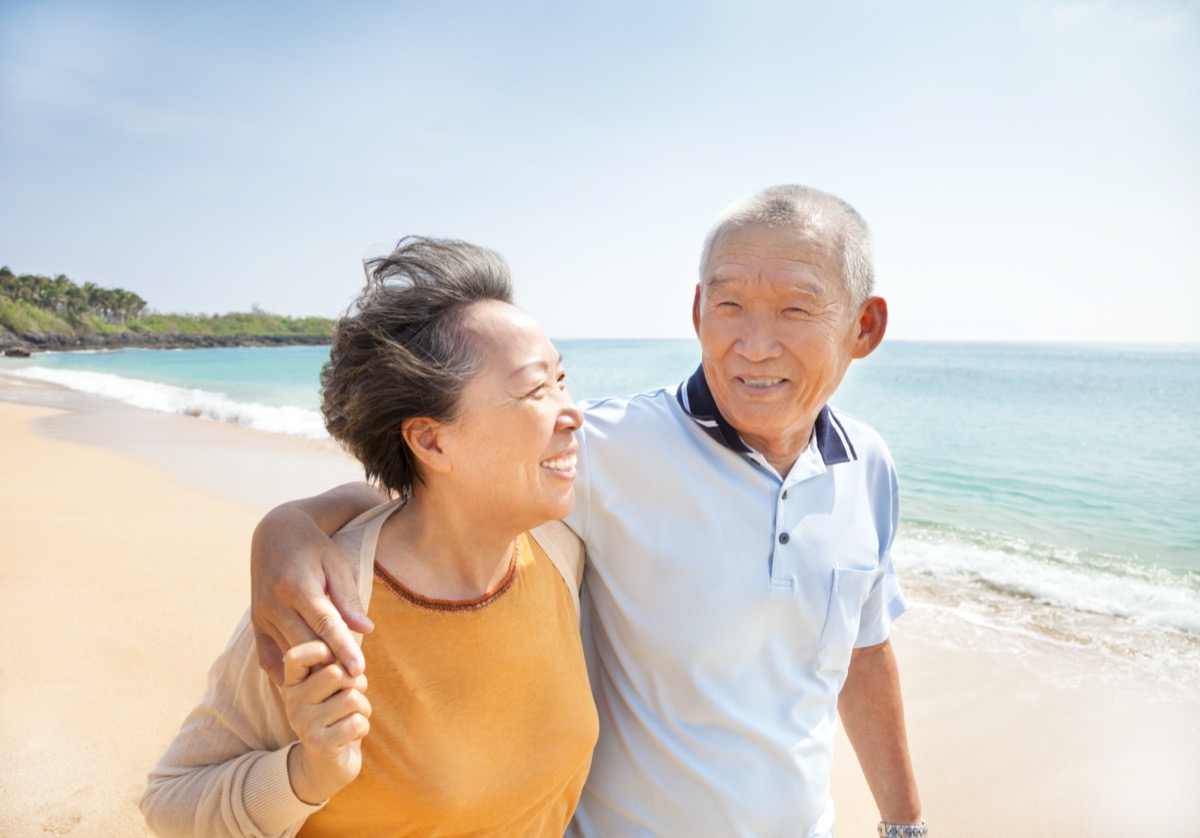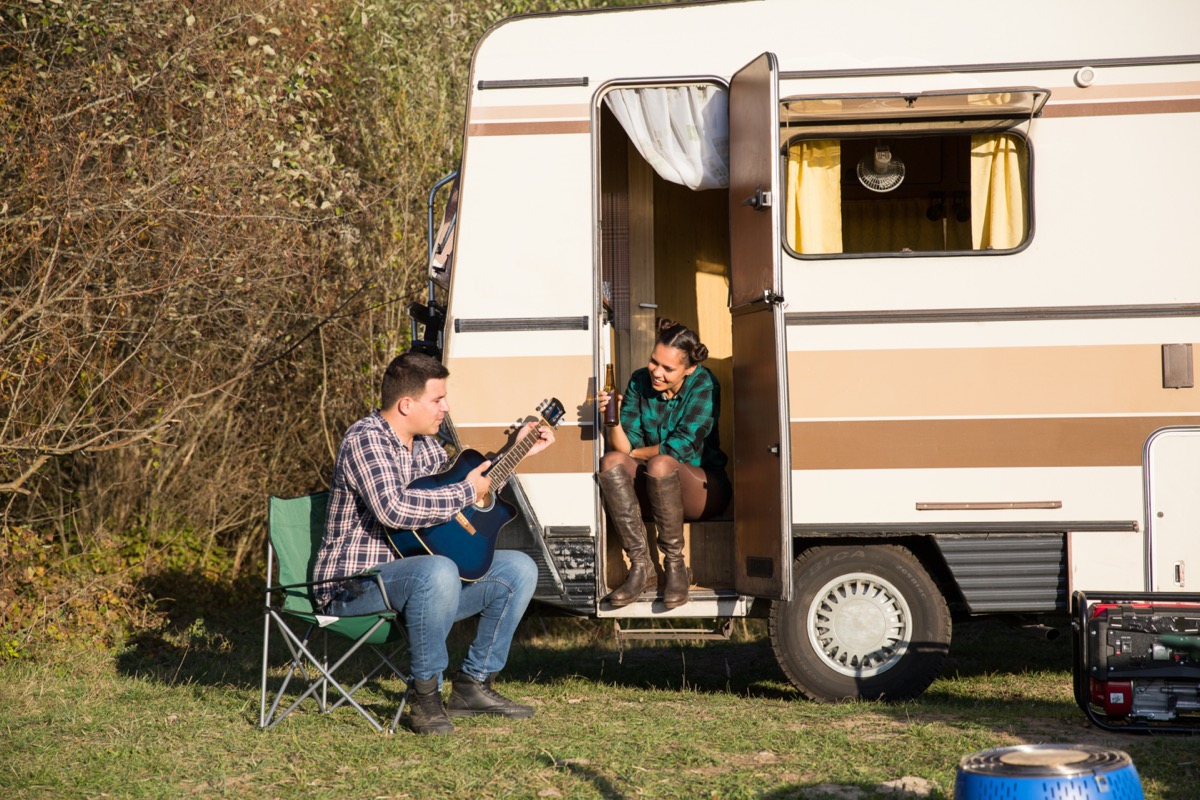You’re Most Likely to Sacrifice This to Pay Off Your Debt, Study Says

The coronavirus pandemic has done more than make people fear for their health—it has seriously increased many people’s concerns about their financial wellbeing, as well. According to a September survey from the Pew Research Center, 33 percent of Americans used savings or retirement funds to pay bills during the pandemic, leaving countless financial futures in limbo. However, a new survey from Move.org reveals that many Americans would be willing to take a drastic step to eliminate certain financial stresses COVID: 72 percent of respondents said they’d give up their home to live in a van in order to pay off debt.
Not everyone was so on board with the idea of a life on the road, though: seven percent of respondents said they wouldn’t consider van life under any circumstances. Paying down debt isn’t the only reason folks were willing to trade in the comforts of home for a van, though. Read on to discover what else respondents said they’d be willing to do in pursuit of a more financially stable life. And if you’re looking to boost your savings, This Is How Much Money You’d Save If You Made Your Coffee Every Day.
1
Most people would opt to live in a van if it helped them meet their retirement goals.

The majority of respondents—74 percent—said that they would live in a van if it meant that they could retire comfortably. Their eagerness to hit the road in pursuit of a cushier retirement period is understandable, considering how few Americans are confident in their retirement savings. According to a 2015 report from the Transamerica Center for Retirement Studies, just 49 percent of individuals polled said they were building a large enough nest egg to fund their retirement plans. And if you’re eager to keep more cash in the bank, check out The Best Way to Save Money While Shopping Online, According to Experts.
2
More than half of respondents said COVID had changed their opinion of their living situation.

The coronavirus pandemic made a number of respondents more amenable to life on the road, with 52 percent of survey participants saying COVID would increase the likelihood they’d consider living in a van. They’re not alone in their quest to find greener (or more mobile) pastures, however: a July 2020 study from the Pew Research Center found that 22 percent of American adults moved or knew someone who moved due to COVID. And for more great personal finance tips delivered to your inbox, sign up for our daily newsletter.
3
A quarter of respondents said they would be willing to live in a van temporarily.

While 24 percent of survey participants said they would be willing to call a van home for two or more years, 25 percent said they’d only be up for the adventure if they would only live in a van for six months to a year. Short-term moves are becoming a major trend nationwide amid the pandemic, with nine percent of adults between 18 and 29 reporting a temporary relocation due to COVID, according to Pew research.
4
A third of respondents cited a desire to travel as a motivation to hit the road.

Though the ability to pick up and explore may seem like a major benefit of life on wheels, travel wasn’t a major motivator for many respondents. Just 33 percent of those polled said that traveling would be their primary motivation to call a van home. Coronavirus has had an undeniable impact on travel plans around the world, with a recent survey from Hopper revealing that 21 percent of respondents wouldn’t be taking their usual holiday trips this year due to COVID.
5
Less than a quarter of respondents said money would be their main motivation for uprooting.

Though the majority of those surveyed would opt to live in a van to pay off debt or retire comfortably, just 23 percent of respondents cited life without rent or mortgage payments as their primary motivation to choose a van over a stationary home. And if you’re looking for more financially fruitful pastures, This Is the State Where You Can Make the Most Money.